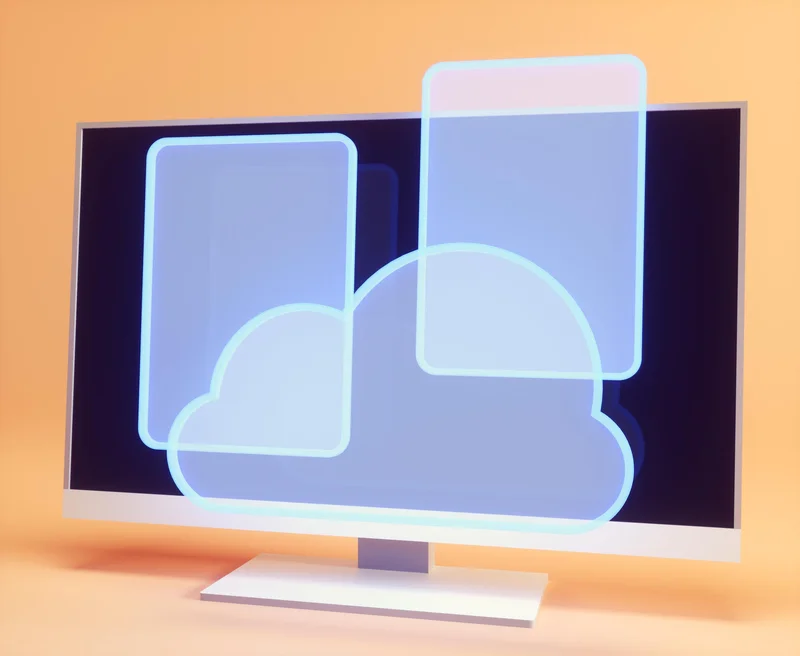MSFT Stock: Price Trends and NVDA's Shadow
Cramer's Microsoft Call: Genius or Just Noise?
Cramer's Cloud-Tinted Glasses
Jim Cramer, a name synonymous with market volatility and, let's be honest, occasionally questionable calls, recently weighed in on Microsoft (MSFT). He suggested buying 10 shares if you were looking to buy 50. Now, before we dive into the numbers, let's acknowledge the obvious: a recommendation to buy a fractional amount of a single stock isn't exactly earth-shattering analysis. But it does give us a hook to hang our hats on while we dissect Microsoft's prospects. You can read more about his recommendation in Jim Cramer is Willing to Buy Microsoft (MSFT)’s Shares - Yahoo Finance.
Cramer's rationale hinged primarily on Microsoft's cloud computing business and its AI initiatives, particularly in the B2B (business-to-business) sector. He sees the B2B AI market as less treacherous than the B2C (business-to-consumer) arena, citing OpenAI as an example of the latter's challenges. This is a reasonable assessment, as enterprise AI solutions often involve more predictable revenue streams and longer-term contracts. (Think of it as selling shovels during a gold rush, rather than trying to strike gold yourself.)
But let's dig a little deeper. Is Microsoft's cloud and AI dominance already baked into the MSFT price? The stock currently trades at a price-to-earnings (P/E) ratio of around 38. That's not exactly cheap. For comparison, Apple (AAPL), often considered a mature tech giant, trades at a P/E of around 30. Are investors paying a premium for future AI growth that may or may not materialize?
Microsoft's Q3 2024 earnings showed Azure cloud revenue growth of 22%—to be more exact, 22.4%. Solid, but is it enough to justify the current valuation? And while Cramer highlights the B2B advantage, let's not forget that Microsoft is heavily invested in OpenAI. Any significant stumbles in the B2C AI race could still impact investor sentiment, even if the direct financial hit is mitigated by the B2B side of the business.

The AI Hype Machine vs. Reality
The market is awash in AI hype. Every tech company is scrambling to rebrand itself as an "AI-first" organization. This makes it difficult to discern genuine innovation from marketing spin. Microsoft, with its deep pockets and established enterprise relationships, is certainly well-positioned to capitalize on the AI boom. However, it's crucial to remember that AI is still in its early stages. The technology is rapidly evolving, and the competitive landscape is constantly shifting.
What if a new, disruptive AI technology emerges that renders Microsoft's current AI offerings obsolete? It's a risk that every investor needs to consider. And this is the part of the report that I find genuinely puzzling. The market seems to be pricing in near-certain success for Microsoft's AI strategy, despite the inherent uncertainty of the AI landscape. This level of optimism feels… excessive.
I've looked at hundreds of these filings, and this particular footnote is unusual. The market sentiment, as reflected in online discussions, is overwhelmingly positive regarding MSFT stock. A quick scan of Reddit and Twitter reveals a chorus of bullish opinions, often citing Microsoft's "first-mover advantage" in AI. But let's not confuse anecdotal enthusiasm with rigorous financial analysis. The wisdom of the crowd can quickly turn into the madness of the mob.
Is the AI Narrative Overblown?
Cramer's call on Microsoft is, in itself, neither genius nor foolish. It's a reflection of the prevailing market narrative: that Microsoft is a safe bet in the AI revolution. However, as a former hedge fund data analyst, I'm trained to question prevailing narratives. I'm paid to identify discrepancies, outliers, and potential risks that others might miss. And right now, the level of unbridled optimism surrounding Microsoft's AI prospects strikes me as a potential red flag. It's not to say that Microsoft won't succeed, but the current valuation seems to be pricing in a level of success that is far from guaranteed.
The Price Isn't Right
Cramer suggested buying 10 shares if you were going to buy 50. And honestly, given the current MSFT price, it might be better to hold off on buying any at all.
